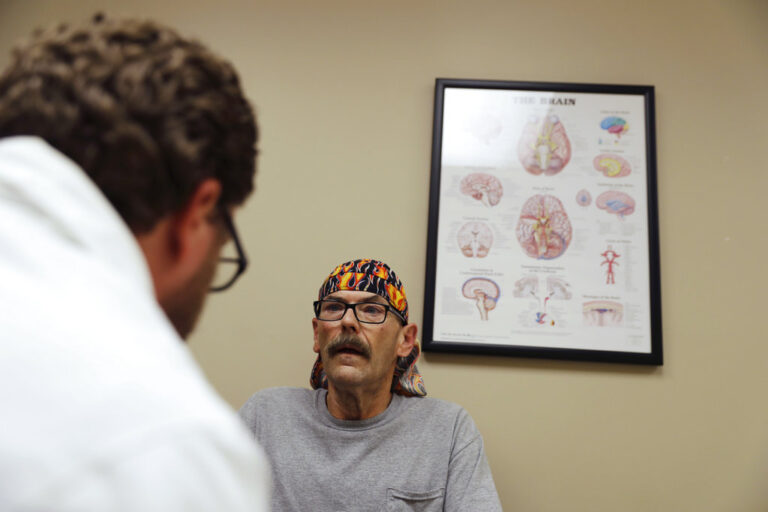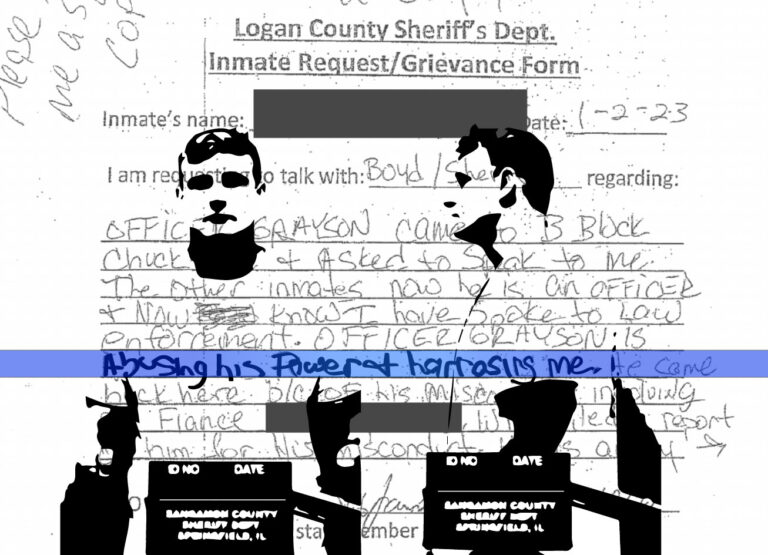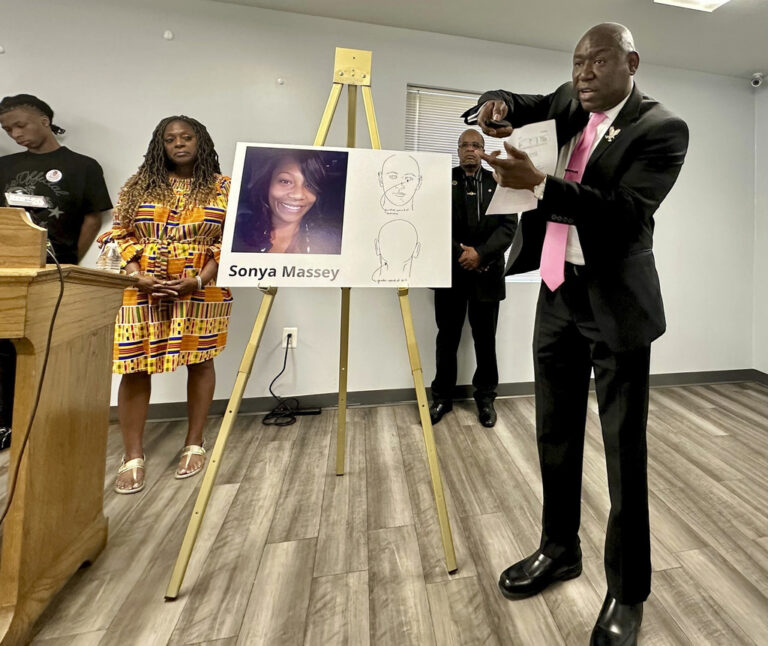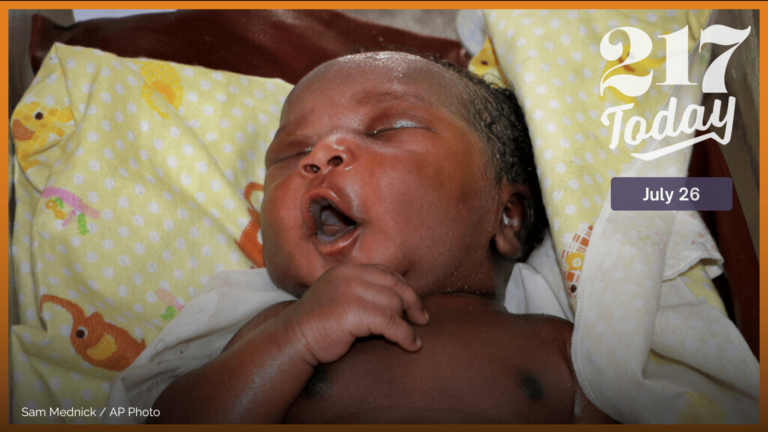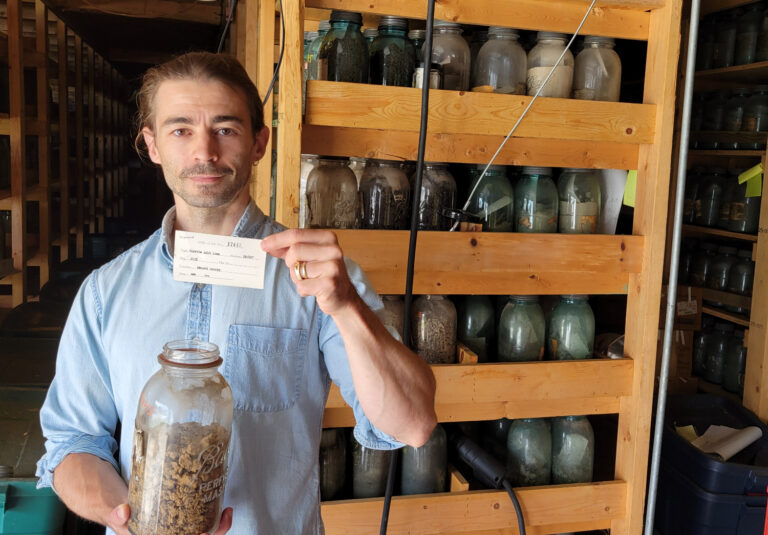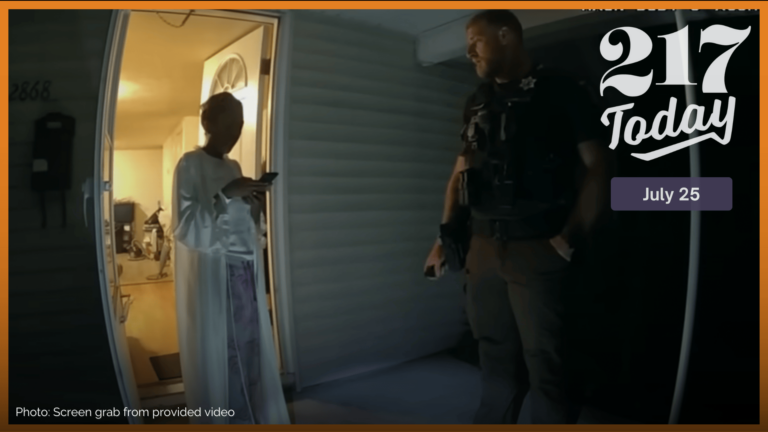SPRINGFIELD — Lawmakers in Springfield are attempting to address stigmas around mental illness and substance abuse – by paying employers to hire those in recovery.
If the Recovery Tax Credit bill passes, the state would lower taxes for businesses that hire people who have, at minimum, started treatment for mental illness or substance abuse.
“One of our goals was to assist those who have sought and been successful in treatment to get back in the workforce. They want to be in the workforce and this would give them the opportunity,” says Illinois Association for Behavioral Health CEO Jud DeLoss.
The Illinois Senate has unanimously passed the bill, S.B. 3882. It’s now in the hands of the House.
DeLoss says the trade association has been wanting to push the legislation for a few years but delayed when the COVID-19 pandemic began.
He says the bill is modeled on a similar program in New York. One detail unique to the Illinois proposal – it establishes a task force to make sure the benefits of the initiative also go to people of color.
“The data demonstrates – for instance, the opioid epidemic and suicide statistics as well – that communities of color have been hardest hit by those epidemics,” DeLoss says.
African Americans in Illinois are more likely to die from an opioid overdose than their white peers. White people are more likely to die by suicide, but rates for non-white groups have been rising in recent years.
If Illinois adopts the recovery tax credit, employers would get $1 back in taxes for every hour they pay qualified employees. The state would hand out a maximum of $2 million in these credits per year.
Emily Hays is a reporter for Illinois Public Media. Follow her on Twitter @amihatt.

